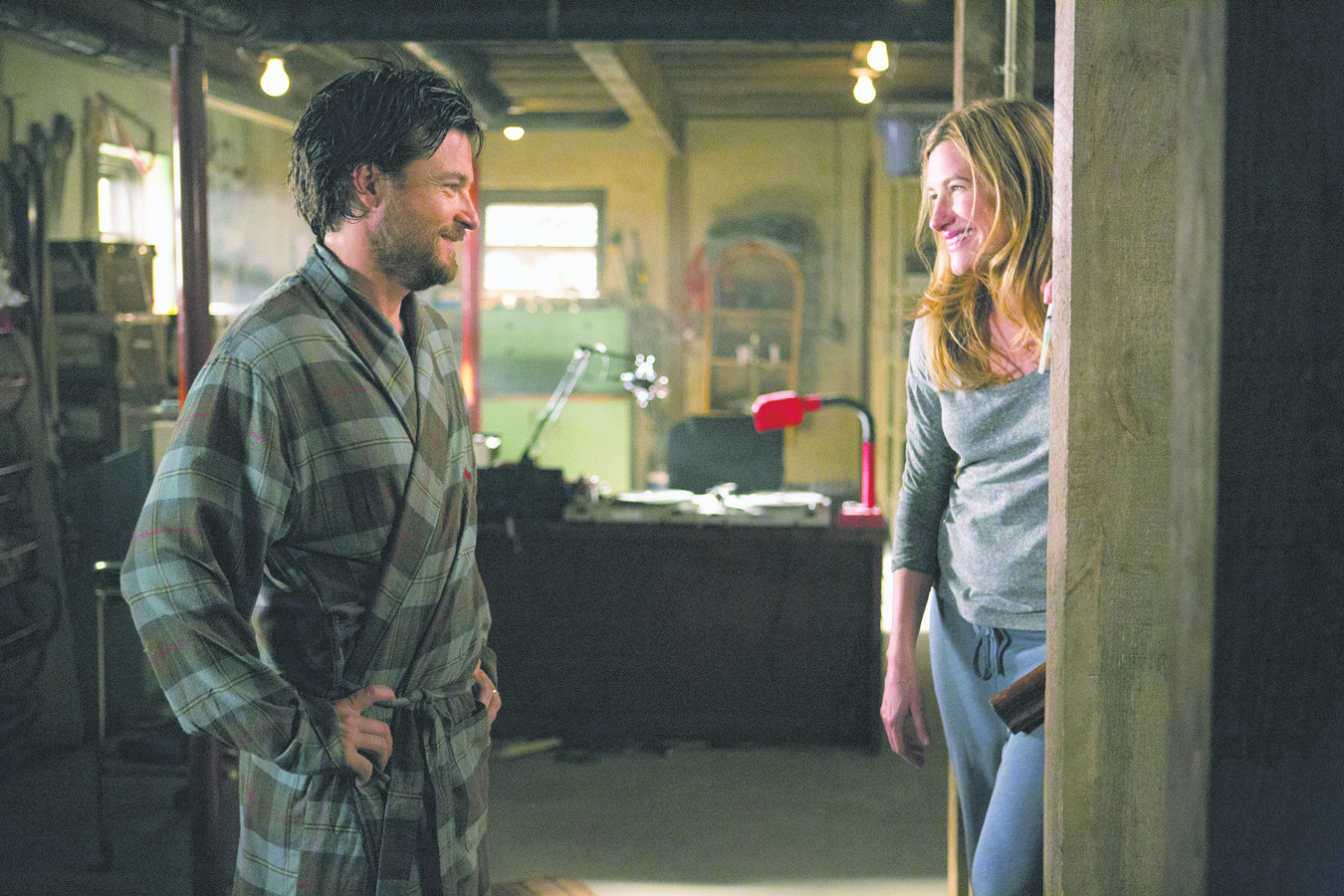By John P. McCarthy
NEW YORK (CNS) – Billed as a dramatic comedy, “This Is Where I Leave You” (Warner Bros.) tries, unsuccessfully, to wring laughs and sentiment from one suburban family’s dysfunction.
A tagline reads, “Welcome Home. Get Uncomfortable.” And when four adult siblings gather for their father’s funeral, they quickly get under one another’s skin. But their tendency to over-share is also likely to make viewers squirm, which undercuts the aim of being funny and insightful. Many audience members will be discomfited by the coarse language and litany of tawdry, juvenile behaviors.

Adding to the disappointment, the project boasts an appealing ensemble – likable performers who, in most cases, are asked to play unlikable characters. Few are able to keep their mouths or libidos in check. Actions meant to be outrageous and irreverent are predictable and insufficiently entertaining.
Adapted from a novel by Jonathan Tropper, the story focuses on one member of the Altman clan, Judd (Jason Bateman), who discovers his wife is having an affair with his boss, the host of a radio program called “Man Up.” Despondent over the break-up of his marriage and the loss of his job, he then learns his father has died.
Judd returns to his childhood home, joining stolid older brother Paul (Corey Stoll), sarcastic and unhappily married sister Wendy (Tina Fey) and spoiled younger brother Phillip (Adam Driver).
Their outspoken mother, Hillary (Jane Fonda), is a child psychologist who 25 years earlier penned a best-seller entitled “Cradle and All” that revealed intimate details about her offspring. Now, claiming it was her husband’s last wish, she insists they all sit Shiva – the Jewish custom of a weeklong mourning period for the decedent’s closest kin.
Over the course of the following week, in addition to the squabbling and ribbing, Judd reconnects with Penny (Rose Byrne), his free-spirited high-school crush. Wendy finds she still has feelings for the boy across the street she grew up with, who has sustained a traumatic brain injury. Paul and his wife grapple with their inability to conceive a child, and Phillip introduces his much-older fiancee, who was formerly his therapist.
Dark Humor
Regarding the tenor of the humor, siblings do tend to regress under such circumstances, sharing private jokes and cracking themselves up by recalling youthful shenanigans. So a certain degree of immaturity is to be expected. Moreover, irreverent jocularity and dark, gallows humor is a common response to painful events.
Yet when Hillary yanks a breathing tube from her husband’s corpse in the hospital, it’s more macabre than funny. A running gag about Wendy’s son’s potty training, while underscoring the rampant infantilism on display, fails to amuse. Likewise, the attention paid to Hillary’s surgically enhanced cleavage. And the glee the Altmans take in addressing their rabbi, a longtime family friend, by his crude childhood nickname borders on cruelty.
Novelist Tropper wrote the screenplay and presumably kept what he believes are the best bits from his book. Director Shawn Levy is best known for the “Night at the Museum” franchise, and his excitement at the chance to helm a smaller-scale, fantasy-free piece is palpable. You suspect, however, this is one of those movies that was more fun to make than it is to watch.
Hearing these entitled characters complain about their problems soon becomes tiresome. Wendy has a line emblematic of the film’s pose of world-weary cynicism. She tells Judd, “Love causes cancer, like everything else, but it has its moments.” Unfortunately, “This Is Where I Leave You” has precious few.
The film contains frequent rough, crude and crass language, profanity and sexual banter, a number of sexual encounters and most involving marital infidelity, drug use, an approvingly depicted same-sex relationship and a glib attitude toward religious faith.
The Catholic News Service classification is O – morally offensive. The Motion Picture Association of America rating is R – restricted. Under 17 requires accompanying parent or adult guardian.
McCarthy is a guest reviewer for Catholic News Service.
